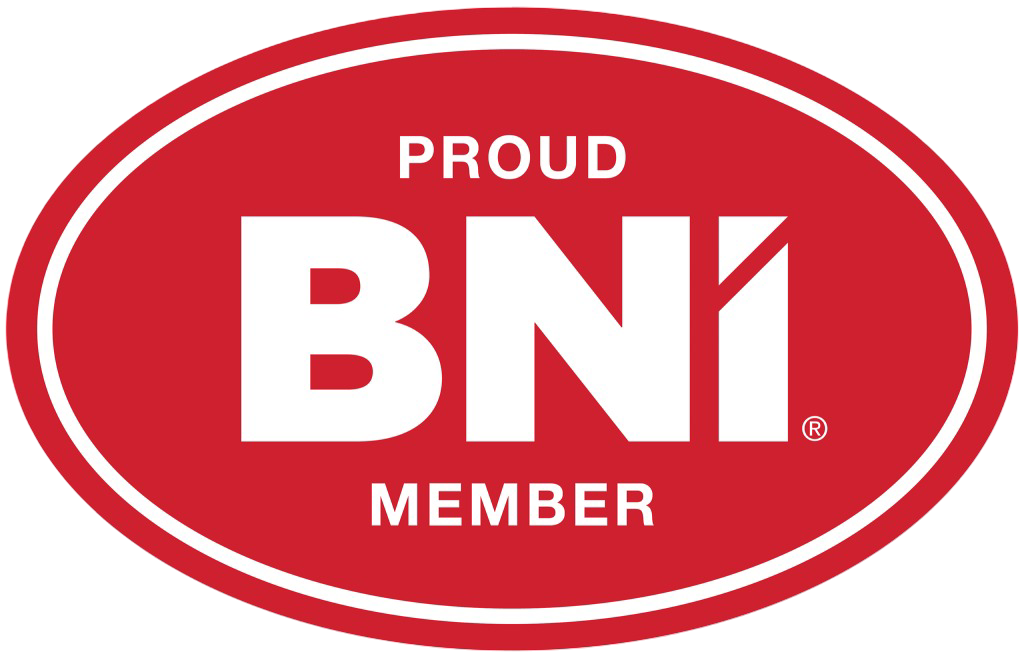Thankfully, the 2024 legislative session has ended without inflicting any cataclysmic changes on the Personal Injury industry. Although none of them passed, there were some bills introduced in this session that are worth our attention, because they may be resurrected in future sessions.
Motor Vehicle Insurance
HB 653 and the identical SB 464 is a perennial effort to do away with Personal Injury Protection (PIP) coverage under Florida’s No-Fault insurance law and replace it with bodily injury (BI) liability coverage. The primary difference between PIP and mandatory BI is that under PIP, someone injured in an auto accident seeks coverage first under their own PIP policy, whereas under mandatory BI, someone injured in an auto accident would seek recovery from a responsible third party’s (other driver’s) BI coverage. The bills are like the bill vetoed in 2022 by Governor DeSantis and filed again in 2023. Last spring’s bills were never heard by a committee and neither of these bills received a hearing this session.
Insurance Claims
HB 731 passed its first committee on February 6th, 2024 by a 15-1 vote in the House Insurance & Banking Subcommittee. It requires insurance companies to report to the Office of Insurance Regulation (OIR) the recovery of funds from automobile claim judgments, settlements, and attorney fees and costs, as well as repayment of claims paid from unlawful acts. OIR, in turn, would be required to consider recovery of those funds in reviewing companies’ rates. The bill also specifies that a policyholder’s payment of a deductible or copayment is not a condition of a carrier’s payment obligations. There is a similar bill in the Senate (SB 1024) that never received a hearing.
Litigation Financing
SB 1276 and HB 1179 are identical bills to regulate third-party financing of lawsuits against businesses. The bill requires a court’s consideration of potential conflicts of interest that may arise from the existence of a litigation financing agreement in specified circumstances; prohibits specified acts by litigation financiers; requires certain disclosures related to litigation financing agreements and the involvement of foreign persons, foreign principals, or sovereign wealth funds; and requires the indemnification of specified fees, costs, and sanctions by a litigation financier in specified circumstances, among other provisions. Despite the Senate bill making it through all committees and the House bill getting through its initial committee, neither reached a floor vote.
Attorney’s Fees
SB 1782 and HB 1651 both seek to reestablish the right to attorney’s fees for the prevailing Plaintiff in a PIP lawsuit. As I’m sure you recall, the the passing of HB 837 last year removed this right, which was previously in existence since 1896. Unfortunately, despite their noble efforts, neither of these bills have received much traction within the legislature, with neither of them advancing beyond the initial committees that reviewed them in early January.
Worker’s Compensation
SB 362 and HB 161 are related bills that seek to increase a health care provider’s witness fee for a deposition and the reimbursement amounts under Worker’s Compensation for physicians and surgical procedures. Both the Senate and House bill would increase the medical provider’s witness fee to $300.00 per hour. The Senate bill increases the maximum reimbursement for a physician licensed under chapter 458 or chapter 459 and for surgical procedures to 200% of the Medicare allowable amount. The House bill would raise Worker’s Compensation reimbursement amounts to 150% of Medicare. While both bills were advancing through committees in January and February 2024, both the Senate and the House have decided to postpone consideration of these bills, at least temporarily. Due to this postponement so late within the session, neither version had a chance of passing this year.
Based on the above, 2024 was a relatively uneventful year for our industry when it comes to legislative changes. Lately, it seems that no change is good for us, although it would’ve been nice to have attorney’s fees reinstated in PIP lawsuits. Maybe this bill will gain greater traction in future sessions if it is reintroduced. We shall see. Stay tuned.











